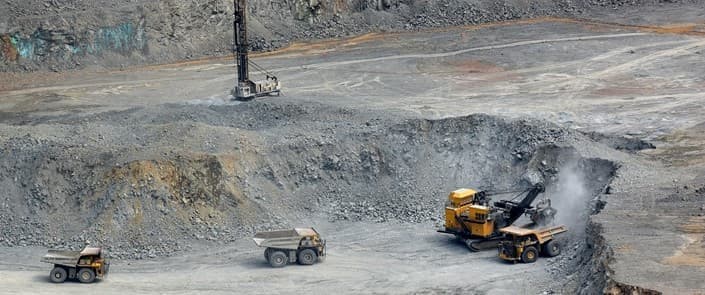Compared to most developed countries, Australia is lagging far behind in the race for decarbonization. Per capita, Australians are the world’s worst coal power polluters. By this metric, they are the top polluters in both the G20 and OECD. According to analysis from energy think Ember, the average Australian emits four times more carbon dioxide than the average person around the world. Coal is a pillar of the Australian economy, and the government there has been reluctant to move away from it. But the science is increasingly indicating that Australia’s economy (and environment) would ultimately benefit from a transition away from the world’s dirtiest fossil fuel.
Australia has resisted the global push toward decarbonation for years, with a track record of widespread climate denial at the highest ranks of government. And as coal prices have shot through the roof – thanks to the global energy crisis brought upon by Covid-19 and kicked into overdrive by the Russian war in Ukraine – walking away from coal has become even harder with revenues soaring to new heights. But despite these major hurdles, private interests have banded together to help bolster the nation’s clean energy infrastructure in a bid to help diversify the country’s energy mix and kickstart Australia’s latent green energy transition.
Multi-billionaire Mike Cannon-Brookes, currently the 6th richest person in Australia, has been attempting to kill the nation’s coal industry for years now by buying out domestic energy companies for conversion to renewable energy. And he’s just getting started – he and his wife Annie have pledged to donate $1.5 billion of their wealth to climate efforts by 2030. Elon Musk, too, has entered the fray – starting with a fortuitous tweet, of course (and a reply from Cannon-Brookes). In fact, Tesla has been integral to the growth of the Australian renewables industry by providing massive batteries for energy storage. As a result, the nation’s decarbonization has sped up at a pace that no one paying attention to Australian politics could have hoped for. Related: China’s Sinopec To Take 5% Stake In Qatar’s Giant LNG Project
The energy storage batteries provided by Tesla, and others like them, are lithium-ion batteries. As Australia – and the rest of the world – increasingly depends on renewable energy, the spread of such batteries will be key to avoid blackouts and other energy supply hiccups. Since solar and wind energy are variable, meaning that their output waxes and wanes according to the weather, time of day, and time of year, it’s essential that we are able to store excess energy at peak production to feed back into the grid later to ensure that supply can meet demand.
This means that global demand for lithium is about to go through the roof. For countries with large lithium deposits, there is a whole lot of money to be made. And Australia just so happens to be one of them. In fact, according to reporting from The Guardian, exports of Australian lithium are on track to be as lucrative as coal exports within just five years “as the world increasingly embraces clean energy and the market value of fossil fuels falls.”
The report is based on new data released by the Australian government, which shows projections that domestic lithium production is set to double in the next few years, and the industry’s revenue will triple over the same time period. In contrast, coal revenue is expected to fall by more than 70% over the next few years as coal prices normalize and return to pre-Covid levels.
Lithium prices have also skyrocketed in recent years, but unlike coal, they are not expected to slump. In fact, the trajectory for lithium demand shows nothing but growth. This is in part due to energy storage, as described above, but it is mostly thanks to the increased adoption of electric vehicles. Australia, perhaps unsurprisingly, has been as slow to embrace EVs as they have been to embrace clean energy, but global trends show a rapid increase in EV sales, especially in Chinese markets.
Even for the staunchest climate deniers and coal supporters, the message is clear: the money is in lithium. Standing by coal could soon become a liability for Australian leaders. Whether they care about climate or not, it looks like Australia is finally joining the decarbonization movement in earnest.
By Haley Zaremba for Oilprice.com
ADVERTISEMENT
More Top Reads From Oilprice.com:
- Recession Fears Loom Over Oil Markets Once Again
- OPEC+ Oil Production Sees Biggest Drop In 10 Months
- Russia Delivers 30,000 Tons Of Fuel To Iran Via Rail


















